When I only had one book on one platform like KDP, using a book sales tracker service was unnecessary.
However, when I started having multiple books on multiple platforms like KDP, D2D, Apple Books, Kobo, Barnes and Noble, etc…it would seriously take a lot of time to check each platform’s sales and ensure things were tracking.
And let’s face it, as self-published authors, it’s important to track things like daily sales because this is your income lifeblood. But to do that daily eats up too much time.
On average it takes me 15 minutes to adequately review all sales platforms and look for trends in my different markets. If done every day, that would equate to 92 hours a year wasted…eek!
That’s way too much.
Luckily, there are some services that help alleviate this. Not only do they present your book’s sales information in a much better layout, they’ll make it seamless for you to keep a thumb on your sales pulse and allow you to focus on more important things….like writing your next book.
- What book sales reporting services can do
- List of book sales tracking services
- My favorite service and why you should use it
- And yes, there is one that is superior to the others and one of my all time favorite services out there.
Table of contents
Note that if you click the links below, I may get a small commission from them, but it costs you nothing extra, and every scrap goes to our collective coffee fund.
What Can Book Sales Trackers Do?
Put simply, book sales trackers allow you to see all of the data from your book sales in one place.
Let’s face it, KDP’s own sales reporting platform is not great. It can be difficult to parse out the data in beneficial ways (dividing your books up by series, for example), and if you’re on any other platform, it won’t do you any good.
A good book sales tracker will not only let you see all your sales from across multiple platforms, but will also help you organize that data to give you the best insights into the performance of your books.
But book sales trackers are hard to come by. In fact, Amazon is tricky who it allows access to its information. For that reason I actually found quite a few sales trackers that have closed down because Amazon shut them out. See these for example:
Obviously, none of these links work anymore, which only leaves a few services that provide quality book tracking.
Thankfully, all that technical pressure means that the remaining candidates are the cream of the crop. Here are my favorite book tracking tools for authors:
What is the Best Book Sales Tracking Software?
The best book traking tool is ScribeCount, with PublishWide coming up as a close (but expensive) second. I generally would only recommend PublishWide over ScribeCount if you are a large publisher and want to make simple sense of big data.
Here is a general comparison of the top book sales tracking apps:
| Product | Platforms it Tracks | Pricing | Link |
|---|---|---|---|
 |
|
| |
|
| ||
|
| ||
|
|
ScribeCount – My Favorite
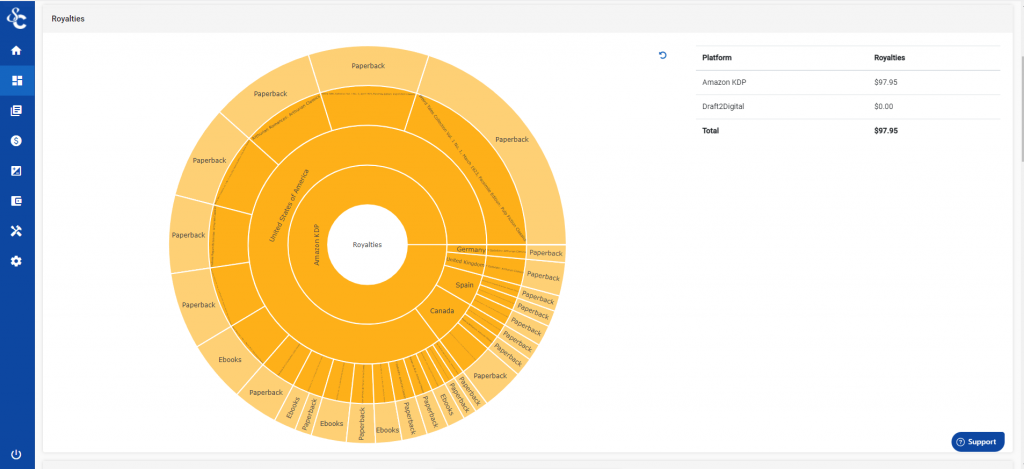
ScribeCount is by far my favorite option for tracking all your book sales. It is affordable, it has a clean interface, and it interacts with all the major book retailers to track your sales.
It includes integration with the following platforms:
- Amazon
- Google Play
- Apple
- Barnes & Noble
- Kobo
- Draft2Digital
- Smashwords (now owned by Draft2Digital)
These are the big players in the self-publishing space, and it’s rare that you will have any major outlets besides these. They’re also working to integrate Audible and Findaway Voices so you can track audiobooks as well (which as far as I know will make it the only service that does this).
But wait, there’s more!
ScribeCount does more than just track your sales. It also pulls in the following data:
- Your Kindle Unlimited page reads
- Your book ranks
- Your book reviews
- Geographical sales data
- And more!
That definitely makes it one of the best aggregators of all time, and definitely the best on this list.
ScribeCount has a LOT of customization options, as they are pulling a lot of data from all of these platforms. It can sometimes get a bit overwhelming, which is my only issue with ScribeCount, but a lot of data and customization options are almost universally a good thing.
ScribeCount Pricing
ScribeCount has several tiers of pricing:
- $9.99/month – For authors earning between less than $1000 a month
- $19.99/month or $185/year (approx. $15/month) – For authors earning over $1000 a month
All data and features are available at all tiers, meaning that if you are just starting out and don’t make more than $1000 yet, you can absolutely access all the features at the $9.99 tier.
Additionally, ScribeCount has a 14-day free trial.
ScribeCount Pros and Cons
Here is everything that I liked and didn’t like about ScribeCount:
Pros:
- A ton of data collected and available to authors
- A great selection of platforms
- Easy setup
- You can sort by series or create custom tags to organize your data
- Shows you the earnings based on marketplace, author, book, or custom tag
- It doesn’t require you to log in to each and every sales platform every time you want to check them
Cons:
- The sheer quantity of data can be overwhelming and the UI design could be easier to understand or use
- It would be nice to be able to customize the home dashboard
- No free version
The Bottom Line: ScribeCount is (by a HUGE margin) my best pick for book sales tracking. Its sheer volume of data and customizability make it the clear winner for most authors.
PublishWide – Good for Large Publishers
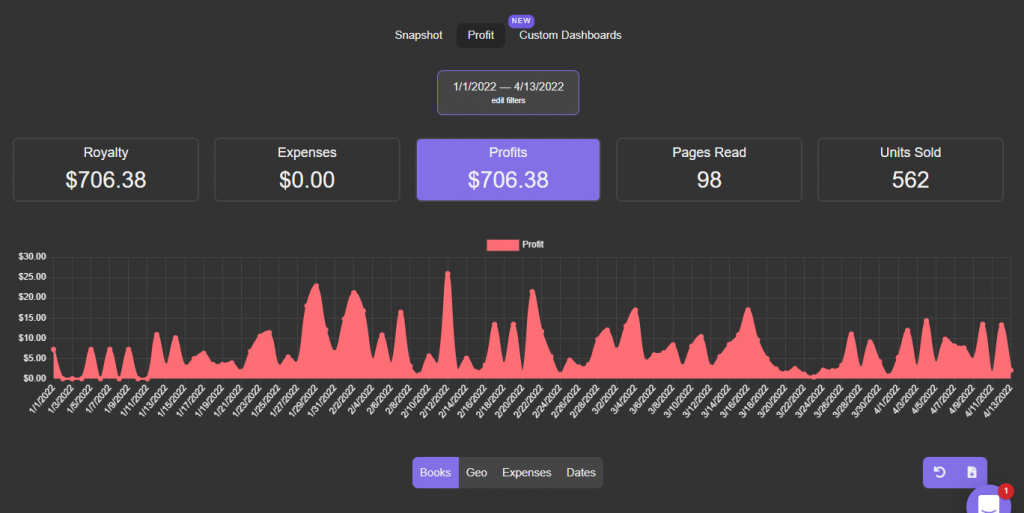
There is one other big name in book sales tracking and that is PublishWide.
PublishWide, like ScribeCount, pulls in a lot of data so you can clearly see how your books are doing across all major platforms. It currently pulls from the following:
- Amazon
- Apple Books
- Barnes & Noble
- Draft2Digital
- Kobo
While this is still less than what ScribeCount offers, they are continuing to add new platforms.
One of my favorite features for PublishWide is that it gives you the opportunity to integrate with Amazon Ads and Facebook Ads, to give you new insights into your overall profits, and the effectiveness of your ad spend.
PublishWide also does a really good job with its design and interface, making it really clean and easy to understand.
Overall, PublishWide is a good option, but I recommend it mostly for large publishers and people with a MASSIVE number of books, as this seems to be their target audience.
The big reason why it’s not #1 on this list is largely due to a lack of customization and the pricing…
PublishWide Pricing
PublishWide is primarily geared towards larger organizations, going so far as to ask for those earning more than $1 million dollars to contact them about enterprise pricing.
For the rest of us, the program costs $29/month regardless of income level.
This is a MUCH more expensive option than what ScribeCount or Book Report offer, and it doesn’t offer anything that at least one of those tools offer, which is why PublishWide is not my #1 recommendation for most authors.
However, if you are interested in trying it out, they do offer a 14-day free trial.
PublishWide Pros and Cons
Here’s my breakdown of the good and the bad from PublishWide:
Pros:
- Excellent design and understandable breakdown of the data
- Gives insights on ad spend from Facebook and Amazon Ads
- Good for sorting large quantities of data for people like big publishers
- Offers a downloadable PC or Mac version
Cons:
- More expensive without the features to justify it (THIS IS A BIG CON)
- Not as customizable as ScribeCount
- Still lacks several publishing platforms to report on
- Almost too simple in its reporting
The Bottom Line: If you’re looking for a good book tracker, PublishWide will certainly do the job. However, its features do not justify the expense, since you can easily get the same features with other platforms. The only instance where I might consider it is if I were a large publishing house and wanted to simplify big data.
Book Report – For Amazon-exclusive Authors
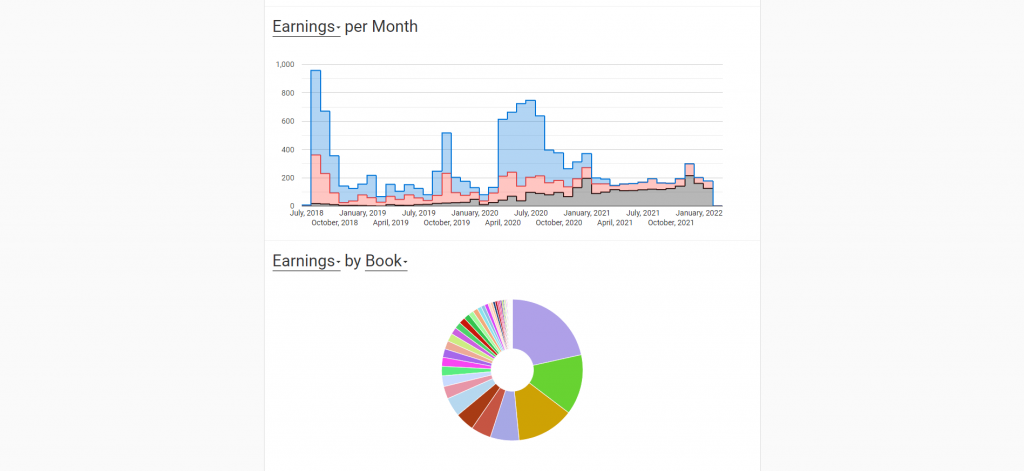
Before ScribeCount came along, Book Report was one of the go-to book trackers for authors. However, they have one mega-downside: they only track Amazon data.
In essence, Book Report came about because KDP’s own sales reporting dashboard was awful. However, KDP’s beta reporting dashboard has gotten better with time, and is almost (not quite) as good as what Book Report will give you.
That said, Book Report has a very clean-looking interface, and makes it really easy to see your data, and its pricing is almost the same as ScribeCount.
But if you’re wide and want to see other platforms included in Book Report, you are out of luck. You might as well look elsewhere.
Book Report Pricing
Book Report has two pricing tiers:
- FREE – for authors making less than $1000/month
- $19/month – for authors making more than $1000/month
That puts their pricing strategy at almost exactly the same as ScribeCount, except they don’t have the middle tier of $15/month, and they also don’t have an annual tier.
For those who are already making more than $1000/month, Book Report will also provide a 14-day free trial to test it out.
Book Report Pros and Cons
Here is what I did and didn’t like about Book Report:
Pros:
- Nice clean interface
- You can sort the data with a really nice tagging system
- Shows you the earnings based on marketplace, author, book, or custom tag
Cons:
- Does not include other sales platforms (THIS IS A HUGE CON)
- Frequently requires logging into my KDP account again
- Does not pull in any other data besides basic sales and Kindle page reads
The Bottom Line: I recommend Book Report only for those who are exclusive to Amazon, and only if you want a simple layout without many bells and whistles. Otherwise you can get the same benefit with ScribeCount.
BookTrakr
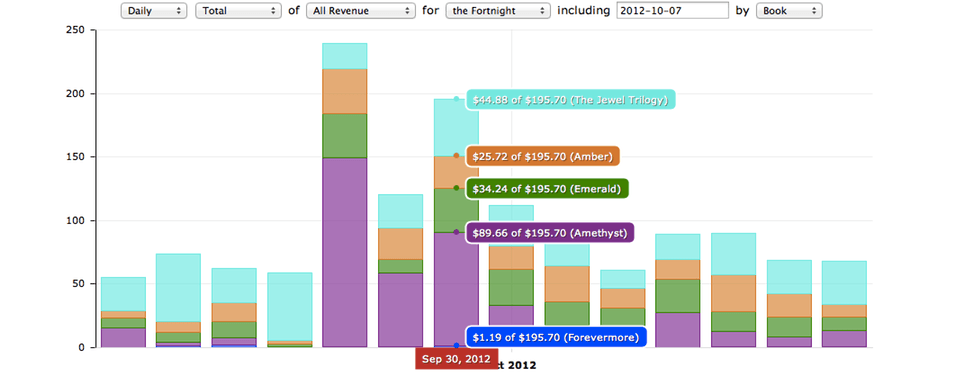
BookTrakr has been around for a while, and it was originally my favorite choice. However, a lot has changed since back then.
While they are still technically around, a lot of their features are well out of date (their website still lists CreateSpace as a platform that they offer). However, it still works, so let’s talk about it.
BookTrakr covers all of the major platforms, including:
- Amazon
- Apple
- B&N
- Draft2Digital
- Smashwords
- Kobo
- Google Play
That places it above PublishWide for the number of platforms that it integrates with.
BookTrakr also pulls in review and ranking data, making it comparable to ScribeCount in those respects.
One of the features that I used to love about BookTrakr was the fact that it would send a daily email with updates on my book sales. This was great because it meant that I didn’t have to keep logging into my KDP account for this to work, until Amazon changed the way they operate. Now you can still get the emails, but also have to frequently check that you are logged into your KDP account so BookTrakr can access the data.
Add to that the fact that the user interface seems about a decade old and I no longer recommend this tool for most authors.
BookTrakr Pricing
For $5 per month, you'll receive daily emails about that day's book sales on all platforms and have access to their easy to use dashboard and graphs.
For $10 per month, you get the above and an update every time a new review is posted, tracking of rankings, and the ability to mark events in your graphs/analytics.
Personally, before I discontinued using BookTrakr, I only did the $5/month tier
BookTrakr Pros and Cons
Here’s my rundown on the good and the bad for BookTrakr:
Pros:
- Integrates with a lot of platforms
- Offers email digests
Cons:
- The design and dashboard are difficult to navigate and nowhere near as intuitive as other platforms
- Not easy to use
- Lacking in more advanced features and customizations offered by other platforms
- Emails can get a little spammy
- Lacking in customer support
The Bottom Line: While BookTrakr will technically get the job done, it is not intuitive, nor does it come close to the capability that you can get with ScribeCount or PublishWide. Overall I don’t recommend it anymore.
Verdict: What is the Best Book Tracking Software?
The best book tracking app for authors is ScribeCount. With all of its many features, its level of customization, not to mention a great team backing it up, I’m excited to see where this one continues to grow.
I’ve used BookTrakr, and I’ve even used Book Report. Once I started using ScribeCount I immediately switched all my books over to that platform and have been using it ever since.
Be sure to check them out!
That said, there’s no such thing as a perfect tool for every author, which is why I would suggest PublishWide as a potential alternative. PublishWide is more expensive, but I believe it is set up better for authors and publishers who have a large number of books or who make a lot of revenue. If this describes you or your organization, you can check out PublishWide here.
For everyone else, check out ScribeCount today!
Cheers,



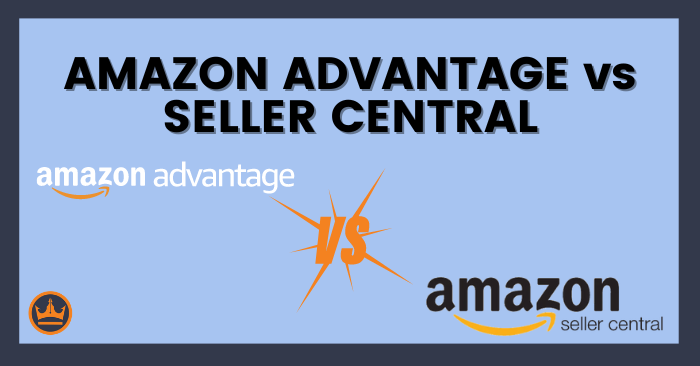


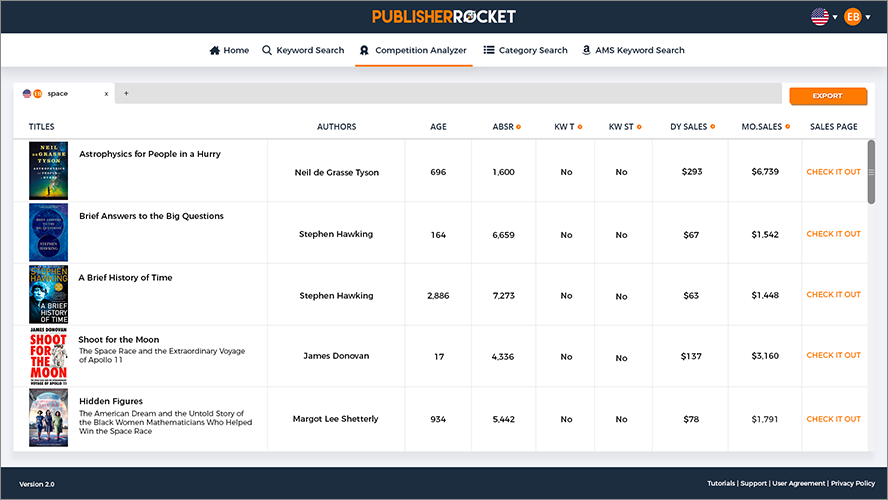
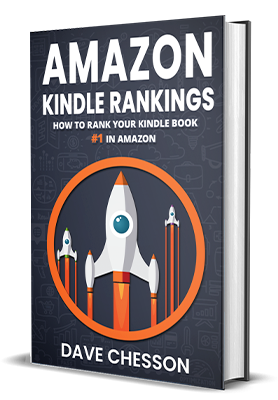
Hi, I found new book sales, rankings, and reviews tracking app called BookCore… You can track your book sales from Amazon, Smashwords, iBooks and Google there.
Those guys seems that they know what self and indie publishers needs.
It’s completely free and they also have a demo on their site, so you can try how it works before you actually register. They also have good support, atleast as I have experienced.
The website is https://bookcore.net/
Hope it will save you some money, time and effort.
BookReport is free is you have less than $1,000 in revenues (my unfortunate case). I don’t intend to change reporting platform anytime soon, because Kindle makes me 90-95% of my royalties.
I’m also far less trustful than an average submarine nuclear engineer, so I don’t provide my passwords to any 3rd party. Call me paranoid.
And heck?!!?! $300 in a day. I’m green with envy.
Haha..yeah. Here’s today’s but in truth, it ranges from 150-350 a day, no promotions…but you know how I roll.
Wow, it’s kinda blowing my mind that your CreateSpace earnings are almost 3x your Kindle income! I might have to re-examine that for myself. Would I be correct to assume most of your CreateSpace books are the same ones you have on Kindle, or are your offerings in each marketplace very different?
Yup…same books on both. However, I’ve been experimenting with some tactics on Createspace recently with great returns. I find a lot of authors just optimize for KDP and just throw up their book on CS without regard to making it better on that platform and sticking out. Sure, Amazon owns both, but they really are two different companies. Once the data is concrete and well fleshed out, I’ll definitely be writing an article about it and how to do it yourself…sort of how I roll.
Awesome, thanks so much for the reply. I’ll definitely be looking out for that article!
sorry bro, new to here.. could u please give me some link to “how you roll” ? )) would like to massively upgrade my sales. thanks!
and yep, is there any link or article I could read about how to make my CS sales better? thanks
Another awesome post, thank you! Will you ever share the titles of your books for people to see?
Hey Peyton, glad to help. With regards to my titles, I’m a Kindle Keyword guy…so the day I let that known is the day I all-of-a-sudden gain LOTS of competitors 😉
I”ve been using BookTrakr for a few months…I can’t remember where I heard of them (from this blog, maybe??).
There are a few things that really irritate me, and I wish somebody would step in and actually create a great tracking service, because I don’t think BookTrakr is, despite being the “best” out there. My mini-rant:
1 – Customer service: Yeah, it’s really bad. Although I did notice the tiny “Beta” wording next to their logo in the header, at no time did they solicit feedback from me in any way. Isn’t that the purpose of a beta? Nor is there any feedback mechanism on the web site. Only by reading this blog post today did I find out Twitter is the only communication channel with BookTrakr. (Wow, wtf…only Twitter? …and you don’t even bother to let me know?)
2 – Sure, I got to have free use of the service for a few months…and I certainly don’t have the entitlement mindset of wanting everything that’s genuinely useful online to be free. I’m glad to pay 5 or 10 bucks a month for a really great service. AND they did give me a few weeks notice that they would be ending beta and going to a paid service. But it felt like more crappy customer relations to go ahead and assume I want to pay, at the Pro Account rate no less, and try to charge my credit card. No harm done…but not a feel-good relationship with a very necessary service.
3 – The graphs: Nice in some ways…barely functional in others. Hover over the beautifully-colored bars to get detail info, and if you have more than 10 or 12 books, all the info is stacked on top of itself and you can’t read any of it, or the graph underneath. Ugh…a feature that’s really a bug. It would have been nice to have some beta-user outreach, to the effect of “Hey, thanks for being a beta tester! How are you liking the service? Do you have any feedback that would help us make a better service?” Nope, just a secret Twitter account.
Frankly, I feel captive…I’m paying for BookTrakr not because they’re good, but because there’s nobody else. This shouldn’t be a hard nut to crack, and I don’t know why anyone else hasn’t stepped up…some healthy competition would be nice here.
Yeah. Since posting this, I have now been in better/more contact with the owner and they’ll work to get the support email out there better: help@booktrakr.com.
Thanks. Very informative. Definitely will use this in the near future. Btw, how long does it take to load all that sales data on their dashboard?
Once you’re connected, it should be able to show all sales data…even from years ago immediately.